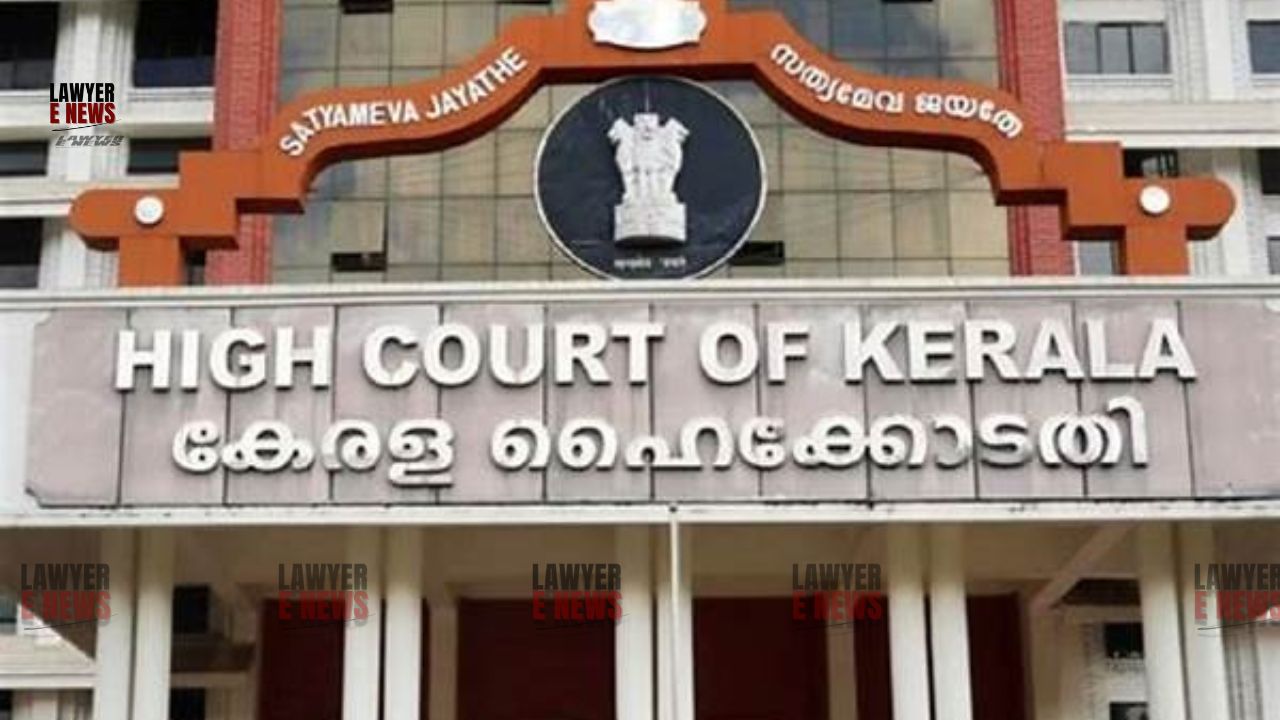-
by sayum
14 February 2026 2:22 PM



The Kerala High Court has set aside the order passed by the Sub Court, Chengannur, in a partition suit involving the division of money deposited by the deceased son of the petitioner. The judgment, delivered by Justice Kauser Edappagath, emphasized the need for the respondent to provide sufficient proof of ownership and the unencumbered status of the property used as security.
In O.S. No. 2 of 2019, the petitioner, Syamala P.V., filed a suit against her daughter-in-law, the respondent, Lakshmi Mohan alias Lakshmi Sanu, for the partition of money deposited by her late son. The trial court initially granted an interim injunction preventing the respondent from withdrawing the funds. Subsequently, the respondent requested permission to withdraw half of the fixed deposit amount, which the trial court allowed on the condition of furnishing security. The respondent provided 12.15 Ares of land, allegedly owned by her mother, as security. However, the petitioner challenged the sufficiency of this security, leading to the present appeal.
Justice Edappagath highlighted the necessity of unequivocal evidence to confirm the exclusive title and possession of the property offered as security. The petitioner contended that no satisfactory evidence was presented to verify the respondent's mother’s exclusive ownership or the property’s freedom from encumbrances. The court noted the absence of critical documents such as an encumbrance certificate and a valuation certificate.
The court stressed that the acceptance of security must be based on clear and undisputable proof of ownership and value. "The respondent shall produce sufficient documents afresh before the trial court to prove the exclusive title and possession of the respondent over the property offered as security," Justice Edappagath ordered. The judgment elaborated that only upon the trial court's satisfaction with the provided documents should the property be accepted as security. If the evidence is found lacking, the respondent must furnish alternative security.
"The learned counsel for the petitioner submitted that there is no satisfactory evidence to show the exclusive title and possession of the mother of the respondent over the property," Justice Edappagath noted. He further directed, "The respondent shall produce the encumbrance certificate to show that the property is free from encumbrance and the valuation certificate from the concerned authority to show the market value of the property."
The Kerala High Court’s decision underscores the critical importance of providing irrefutable proof of ownership and unencumbered status when offering property as security in legal disputes. This ruling sets a precedent that ensures rigorous scrutiny of security documents, safeguarding the interests of all parties involved. The case now returns to the trial court for further proceedings in line with the High Court’s directives.
Date of Decision: June 13, 2024
